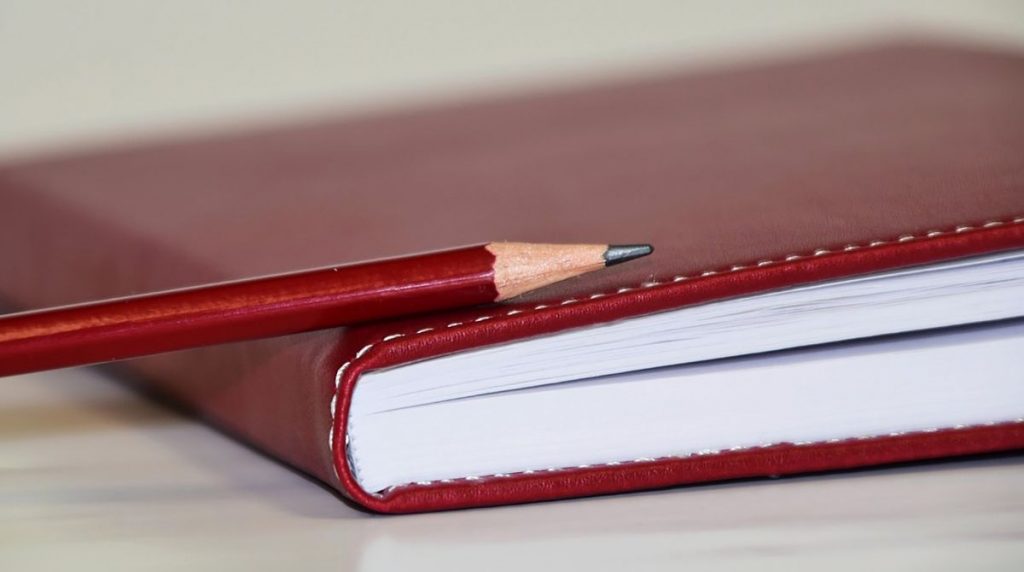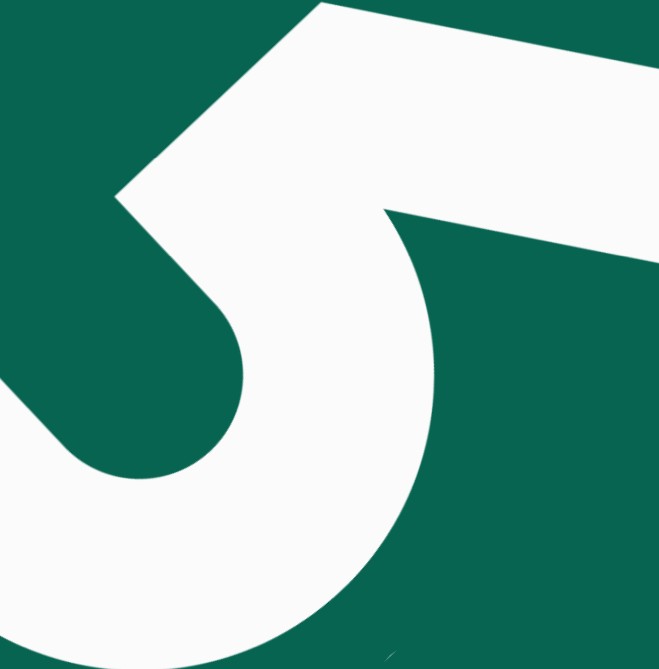A project developed by a Kingston School of Art researcher that aims to help people overcome trauma through expressive writing techniques is to be offered to healthcare professionals around the world who are on the front line of the Covid-19 crisis.
The methodology developed by Professor of English Literature and Creative Writing BA (Hons), Dr Meg Jensen and Dr Siobhan Campbell, senior lecturer of creative writing at the Open University, has previously been used to support military veterans and palliative care workers in the UK and refugees and victims of violence in conflict regions, most recently in Iraq and Lebanon.
In short:
- Professor Jensen has now received £10,000 funding from a private UK based company, Viaro Energy, to make this support available to frontline healthcare workers during and after the Covid-19 pandemic by creating free web-based access to expressive writing materials in English, Italian and Arabic .
- The project will also contribute to the growing body of evidence around the impact of the crisis on healthcare workers, and will be used to better understand how to support this vital but vulnerable group.
- While there is a substantial evidence base for the therapeutic benefits of Expressive Writing, this is the first time the methodology has been adapted for and applied in a web-based format.
- Participants in the programme complete short, interesting, descriptive exercises designed to help them express whatever emotions they are feeling. These can either be written or recorded on a phone and submitted anonymously for feedback from the research team, or shared with other users if they choose.
- By focussing on the imaginative and expressive elements of storytelling, participants are supported in detaching themselves from difficult emotions, helping them move forward with a stronger sense of well-being.
- The website, which will be launched next month, also contains information and links to further sources of psychological support for those who need it.
The Covid-19 crisis has placed healthcare workers around the world under extreme pressure and the impact on mental health has become increasingly evident, Professor Jensen explained. “Over and over again we have seen health care workers becoming distraught, and in some cases traumatised, by their daily work experiences.”
These issues were compounded by the relatively unique scenario of being afraid for their own personal safety on a daily basis, Professor Jensen continued. “Workers were having to manage all these issues and care for patients while fearing for their own well-being and that of their close family and elderly relatives, and sometimes lacking the equipment to protect themselves. So the stress continued when they got home,” she said.
For more information, visit the Kingston University website.




